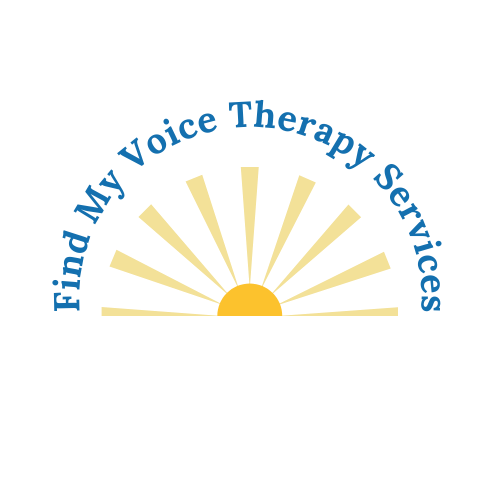Understanding Speech and Language Development: Support
Recognizing and addressing potential speech and language concerns in your child is a proactive approach to supporting their overall development.
In this blog post, we will discuss the steps you can take to seek professional guidance, collaborate with your child's pediatrician, create an enriched language environment at home, and celebrate their progress.
By following these strategies, you can provide the necessary support for your child's speech and language journey.
Seeking Professional Guidance: If you have concerns about your child's speech or language development, consulting with a speech-language pathologist (SLP) is the first step. An SLP specializes in assessing and treating communication disorders. Through a comprehensive evaluation, the SLP will identify your child's strengths and areas of need. Based on the assessment results, they will provide tailored interventions and strategies to support your child's specific needs. Working closely with an SLP ensures a professional and evidence-based approach to your child's development.
Collaborating with Your Child's Pediatrician: Your child's pediatrician plays a vital role in their overall well-being. Share your concerns about your child's speech and language development with the pediatrician, who can offer further insights and conduct developmental screenings if necessary. They can work in collaboration with the SLP to ensure a comprehensive and holistic approach to your child's communication skills. The pediatrician can provide valuable guidance and support throughout your child's journey.
Creating an Enriched Language Environment: Supporting your child's speech and language development begins at home. Here are some strategies to create an enriched language environment:
Engage in frequent conversations: Encourage your child to express themselves and actively listen to their thoughts and ideas. Use simple and concise language for younger children and model language for them.
Reading together: Make reading a regular activity and encourage your child to label pictures, make animal noises, and use gestures while reading. This helps develop vocabulary and language skills.
Language-rich activities: Engage in interactive games, sing songs, and encourage imaginative play. These activities promote vocabulary growth and language fluency.
Use visual aids and gestures: Support understanding and communication by incorporating visual aids, gestures, and props into daily interactions.
Provide a supportive environment: Create a safe and patient space where your child feels comfortable taking risks and practicing their communication skills.
Staying Consistent and Celebrating Progress: Consistency is key in supporting your child's speech and language development. Attend therapy sessions regularly and follow the recommendations provided by the SLP. Incorporate targeted exercises and activities into your daily routine to reinforce the skills learned during therapy. Celebrate every milestone and progress your child makes, no matter how small. Recognizing their achievements boosts their confidence and motivation to continue their language development journey.
Taking action to support your child's speech and language development is essential for their overall well-being and future success. By seeking professional guidance, collaborating with your child's pediatrician, creating an enriched language environment, and maintaining consistency in therapy, you are providing the necessary support for your child's communication skills. Remember, early intervention can make a significant difference, and with your dedication and support, your child can thrive in their speech and language development. Together, let's empower our children to communicate confidently and unlock their full potential.
